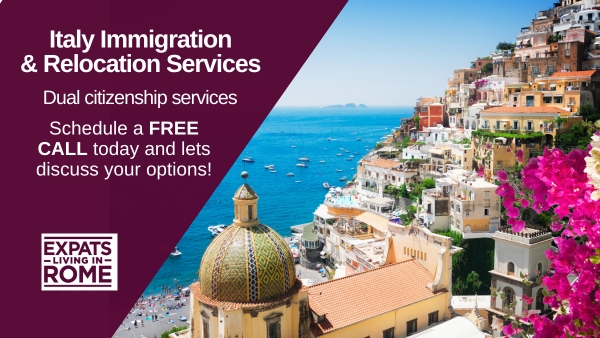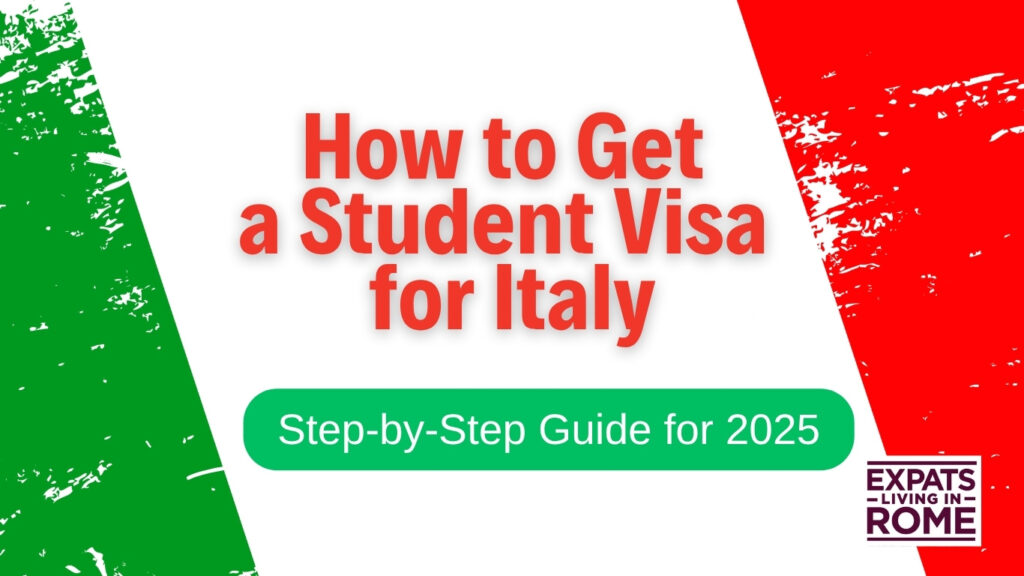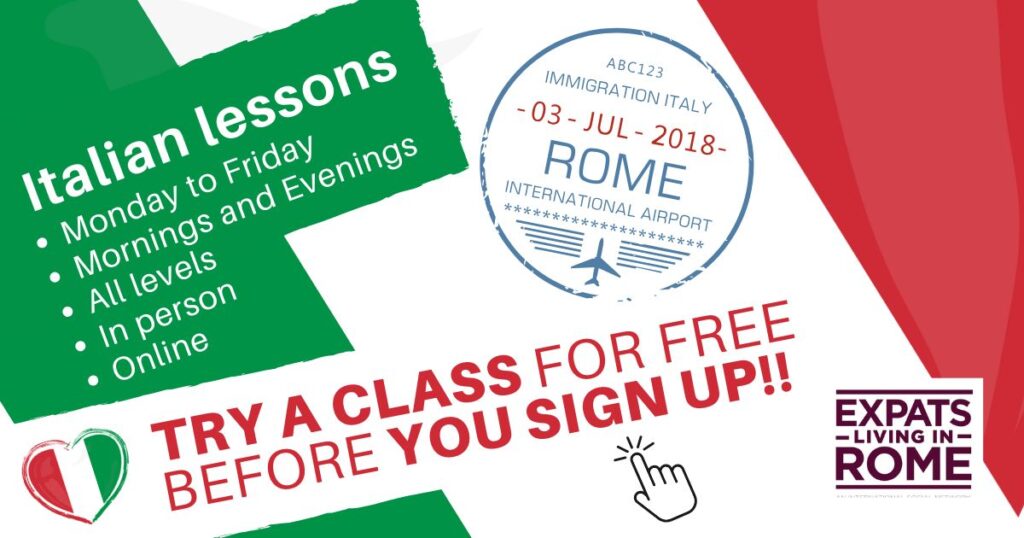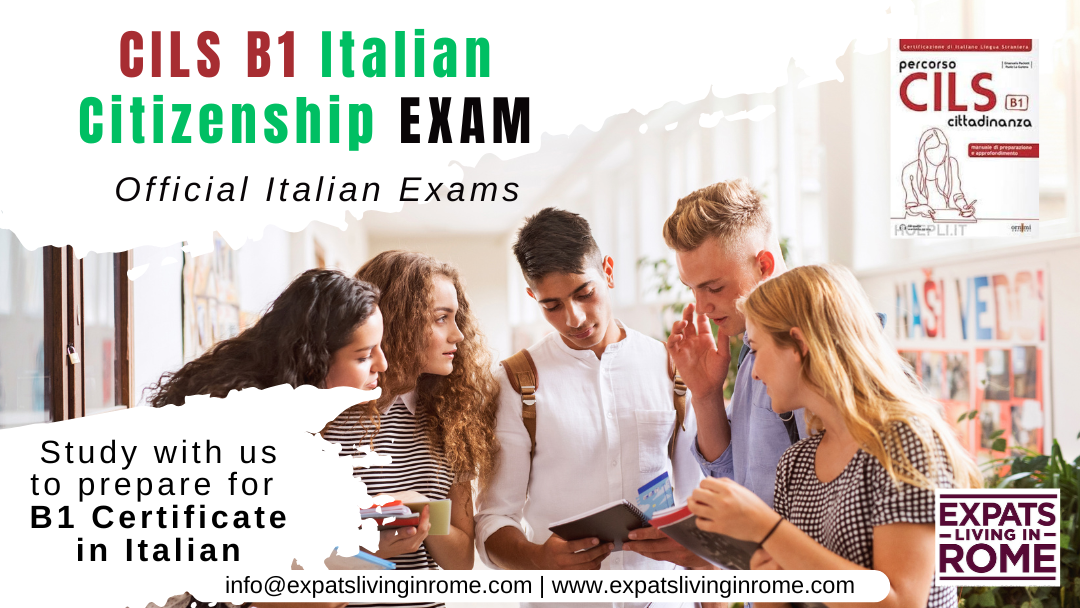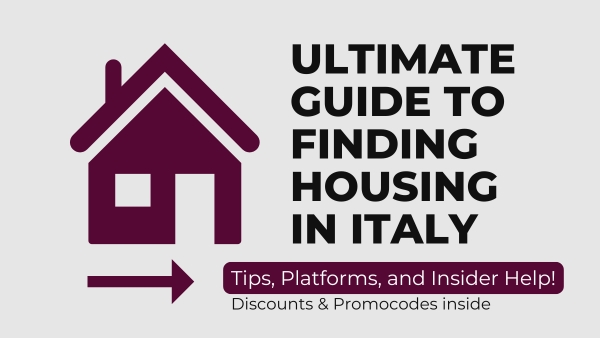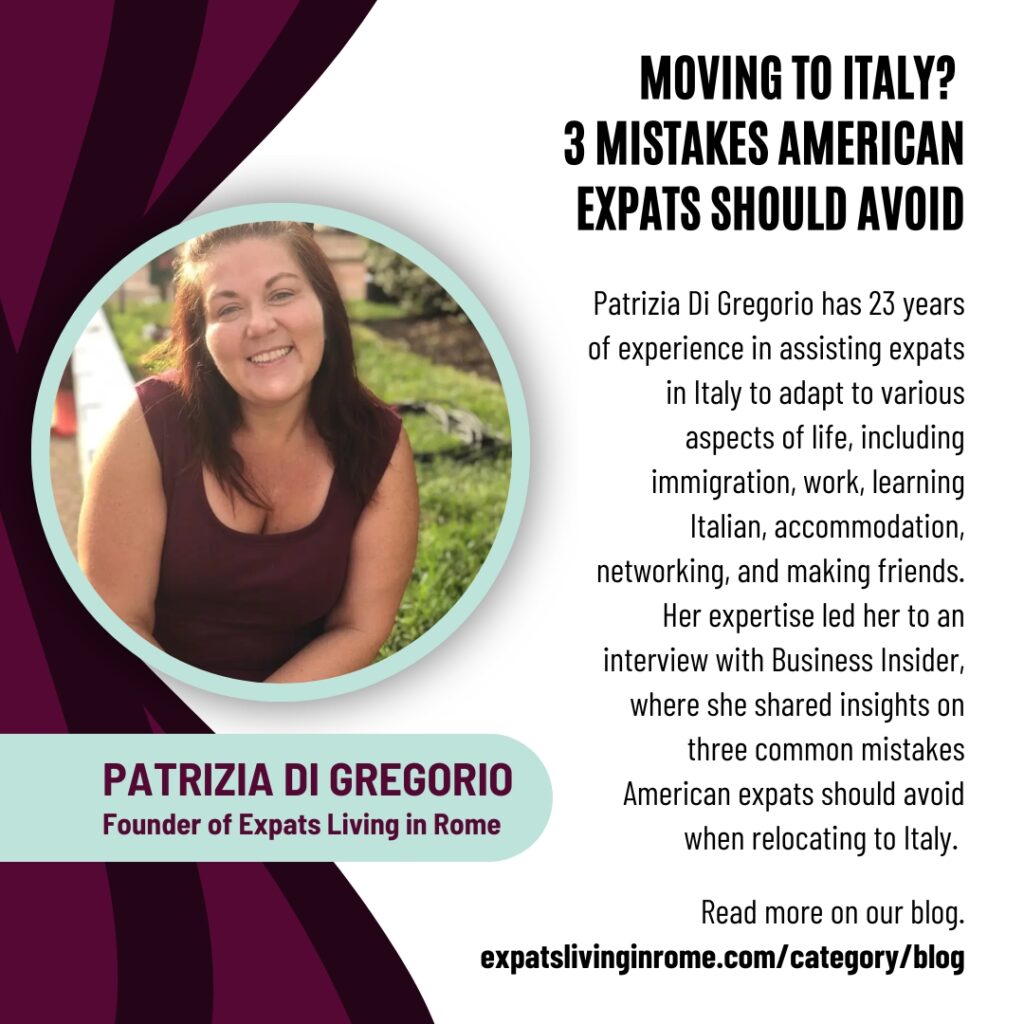Understanding the Italian Healthcare System: A 2025 Guide for Expats and Foreigners
by Adriana ruiz
Italy’s healthcare system, known as the Servizio Sanitario Nazionale (SSN), is a universal system that provides access to medical services for both citizens and residents. Each region manages its healthcare through regional systems called Sistemi Sanitari Regionali (SSR). While the system has its benefits, such as affordability and comprehensive coverage, it also faces challenges like long wait times. This article will help expats and foreigners understand how the system works, how to register, and what options are available for private healthcare.
How the Italian Healthcare System Works
The SSN is funded through taxes and provides residents with access to hospitals, general practitioners (GPs), specialists, and emergency care. Each region operates its healthcare services via the SSR, so the quality and wait times can vary significantly depending on where you live.
• Public Healthcare (SSR): The SSN/SSR covers most medical services either for free or at a very low cost (known as a “ticket”). This includes visits to GPs, hospital stays, and emergency care. However, there are often long wait times for non-urgent appointments and procedures.
• Private Healthcare: Many Italians and expats opt for private healthcare to avoid long wait times and access more personalized care. Private doctors and clinics often have shorter wait times and offer more convenience.
How to Register for Public Healthcare (SSN/SSR)
To access public healthcare, you must register with the SSN through your regional SSR at the local Azienda Sanitaria Locale (ASL). Here’s how to do it:
• Legal Residency: Ensure you have legal residency in Italy and a valid residence permit (permesso di soggiorno).
• Codice Fiscale: Obtain a tax identification number (codice fiscale) from the Agenzia delle Entrate.
• Registration: Go to your local ASL office with:
· Your residence permit
· Codice fiscale
· Proof of address
· Identity document (e.g., passport)
• Choose a GP: Once registered, you will be assigned or can choose a general practitioner (medico di base).
Costs for Public Healthcare (SSR)
• For Taxpayers: If you work in Italy and pay taxes, you are automatically entitled to public healthcare at no additional cost.
• For Non-Taxpayers: If you don’t pay taxes in Italy (e.g., retirees, students, or dependents), you may need to pay an annual fee to access the SSR.
• Ticket Fees: Even within the SSR, some services require small co-payments (“tickets”), usually ranging from €16 to €50, depending on the service and region.
What Does the SSR Cover?
The SSR provides coverage for:
• General practitioner visits
• Hospitalization
• Specialist visits (with a referral)
• Emergency care
• Vaccinations
• Some prescription medications (with partial or full co-payment)
• Diagnostic tests (e.g., blood tests, X-rays, MRIs)
Challenges of the Public System
• Long Wait Times: For non-urgent appointments, wait times can stretch to months.
• Regional Disparities: The quality of care can vary significantly between regions, with northern regions typically offering better services than southern ones.
• Language Barriers: Not all public healthcare providers speak English, which can be challenging for non-Italian speakers.
Private Healthcare in Italy
Many expats and even locals supplement public healthcare with private services. Private healthcare offers:
• Shorter Wait Times: Appointments can often be scheduled within days.
• More Personalization: Doctors tend to spend more time with patients.
• Flexibility: You can often book directly with specialists without a referral.
Cost of Private Healthcare
• Out-of-Pocket: Private consultations can range from €50-€150 for a GP or specialist visit. Diagnostic tests and imaging (e.g., MRIs) can cost between €100-€300. Here is a report on the average prices for all private and third-sector healthcare services nationwide.
• Private Insurance: A private health insurance plan in Italy typically costs between €1,300-€2,500 annually, depending on the coverage. This is especially useful for frequent medical needs or access to private hospitals.
Tips for Expats Navigating Healthcare in Italy
• Learn Basic Italian: Even a little Italian can go a long way in navigating public healthcare.
• Register Early: Start the SSN/SSR registration process as soon as you have your residence permit.
• Consider Private Insurance: If you have ongoing medical needs or want peace of mind, private insurance can be a worthwhile investment.
• Emergency Care: In an emergency, you can go to the nearest public hospital (pronto soccorso) for immediate care without worrying about registration.
• Pharmacies: Pharmacists in Italy are well-trained and can provide advice for minor ailments or direct you to the right healthcare services.
For many expats, a combination of public and private healthcare provides the best balance of cost and convenience. By understanding how the system works and planning ahead, you can make the most of Italy’s healthcare options.
Have more questions about healthcare in Italy? Share your experiences and tips in our Facebook Group! If you do not receive our newsletter it’s a good idea to sign up here.

Single Female Travelers in Italy: Practical, confident, and connected
Rome rewards curiosity and courage. This guide offers grounded tips, cultural insight, and community support so you can explore with confidence—day and night, solo and on your own terms. Start with confidence “Solo doesn’t mean alone.” In Rome, you’ll find friendly locals, layered history, and a vibrant expat network. A little preparation goes a long […]
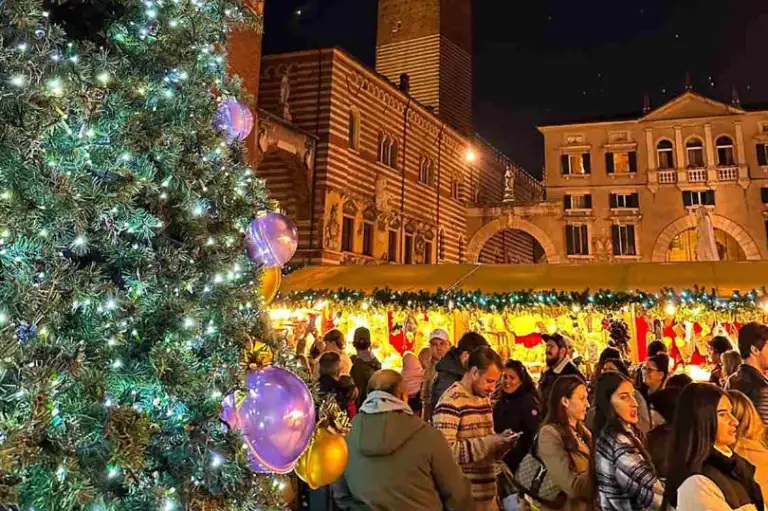
Christmas in Italy 2025: A Magical Season for Expats Across Italy
Christmas in Italy isn’t just a holiday — it’s a season full of history, flavor, celebration, and heartfelt traditions that bring families, towns, and entire regions to life. Whether you’re an expat experiencing your first Italian Christmas or a returning fan of the magic, 2025 promises some beautiful celebrations across the country. Here’s what to […]

Tax Residency Incentives in Italy — Your Guide (2025)
Italy offers several tax incentives designed to attract retirees, entrepreneurs, high-net-worth individuals and remote workers. These regimes can be extremely generous — but they are complex and often conditional. This guide explains the main options in 2025, who qualifies, and how we can help you plan a compliant move. Why Italy Offers Tax Incentives Italy […]

Navigating Healthcare in Rome: A Guide for Expats with English-Speaking Doctors
Moving abroad is exciting, that is until real life hits. I came to Italy from Alaska in 2021 for what was supposed to be a four-month study program in Florence. Four years later, I’m still here, now living and working in Rome. When we plan our dolce vita, we think about pasta, museums filled […]

Major Tax Incentives for Home Renovation in Italy (2024-2033)
Taxpayers carrying out renovation work on residential buildings and common areas of residential complexes in Italy are entitled to claim significant tax relief. This benefit allows individuals to deduct a portion of the expenses incurred from their Italian personal income tax (Irpef). This article outlines the rules, beneficiaries, and changing deduction rates for these home […]
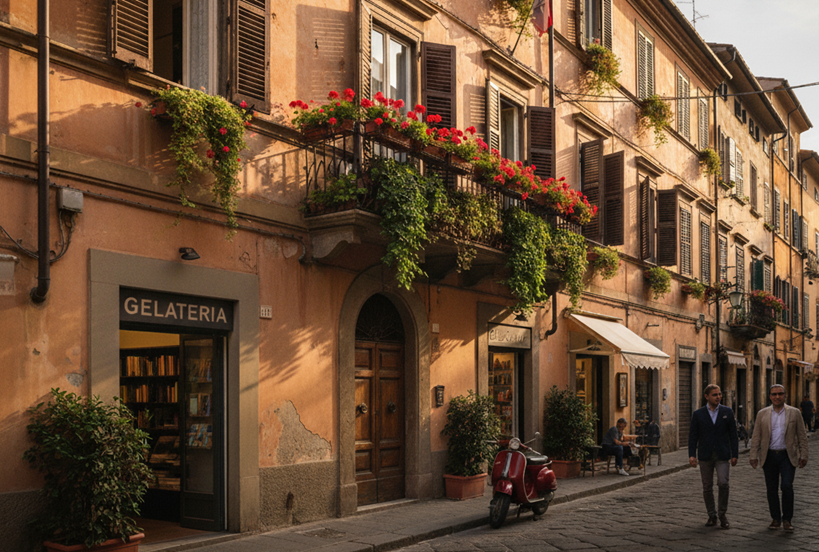
How to Save on Taxes When Buying Your First Home in Italy
Buying a first home in Italy comes with significant tax benefits and incentives designed to make property ownership more accessible. Whether you are an Italian national or a foreigner, understanding these advantages can translate into substantial savings on your property purchase. The “Prima Casa” regime is essentially a set of tax reliefs applicable to the […]

Bringing Your Family to Italy: A Guide for Non-EU Citizens
For non-EU citizens residing in Italy, having your family with you is a tangible goal. Italian law provides a framework for family reunification, allowing you to bring close relatives to live with you under specific conditions. This guide outlines the key requirements, procedures, and rights to help you navigate the process. Who Can Apply for […]

How to Become a Self-Employed Worker in Italy
Are you a non-EU citizen wishing to work as a self-employed worker in Italy? This guide explains the conditions you must meet, the procedures to follow, and the rights you can enjoy during your stay. Conditions for Self-Employment To legally engage in independent work in Italy, non-EU citizens must satisfy several conditions and obtain the […]
